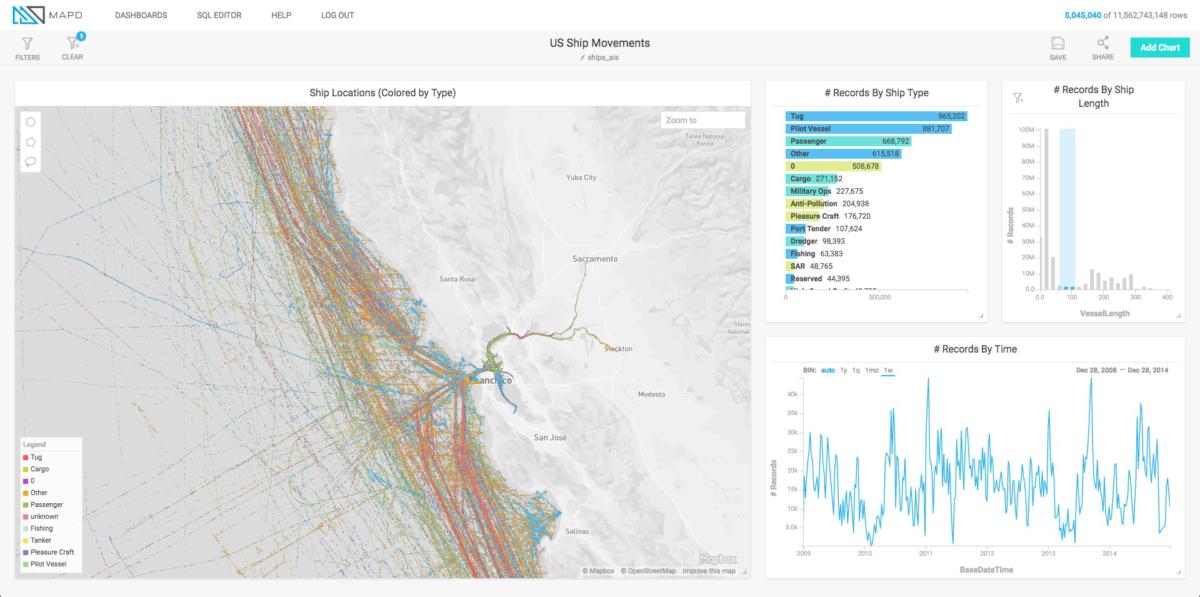Oracle Public Cloud Services Now Available At Fujitsu Data Center
Fujitsu Limited and Oracle Corporation Japan have announced that Oracle Cloud Platform services, including Oracle Database Cloud Service, are now available from Oracle’s public-cloud services environment-Oracle Cloud-now hosted in a Fujitsu data center, a first for Japan.
A variety of Oracle Cloud Platform services were made available from March 27, 2017 followed by the April 20 release of Fujitsu Cloud Service K5 DB powered by Oracle Cloud (K5 DB (Oracle)), which adds Oracle Database Cloud Service to the lineup of database options from Fujitsu Cloud Service K5.
Oracle and Fujitsu have a long history of collaboration when it comes to processors, servers, and software. This synergy now extends to the datacenter, where Oracle’s cloud services will be available locally to Japanese customers backed by Fujitsu.
Fujitsu has the largest number of Oracle-certified Oracle Cloud engineers in Japan, and offers a coordinated portfolio of services to assist in the deployment and operations of Oracle Public Cloud, to help organizations build new modern cloud-based solutions and transition their enterprise systems, including mission-critical operations, to the cloud.
Fujitsu and Oracle formed a strategic alliance announced on July 6, 2016, and based on a strategic collaboration to deliver enterprise-grade, world-class cloud services to customers in Japan and their subsidiaries around the world, have commenced sales of public cloud services from Japan. Together with making Oracle Public Cloud services available from Fujitsu’s robust and reliable datacenter in Japan, can now be used as part of Fujitsu Cloud Service K5, Fujitsu’s public-cloud service.
“The Oracle Cloud Platform running in Fujitsu’s Japan datacenter alongside Fujitsu Cloud Service K5 DB powered by Oracle Cloud is a natural continuation of the three decade history Oracle and Fujitsu have working together to help customers achieve competitive advantage” said Edward Screven, chief corporate architect, Oracle. “By combining Fujitsu’s system integration expertise with Oracle’s cloud services, Fujitsu and Oracle will accelerate the transition of our joint customers’ enterprise systems to cloud.”
The Oracle Cloud Platform offered by Fujitsu and Oracle
Oracle Cloud is the industry’s broadest and most integrated public cloud, offering a complete range of public cloud services across SaaS, PaaS, and IaaS. Oracle Cloud Platform, which includes Oracle’s analytics, application development, data management, and integration services, has experienced steady growth, adding thousands of customers in fiscal 2017. Global enterprises, SMBs, and ISVs are turning to Oracle Cloud Platform to build and run modern Web mobile, and cloud-native applications.
By delivering Oracle Public Cloud services, including Oracle Database Cloud Service with high-available, high-scalable features, such as Oracle Real Application Clusters1, from Fujitsu’s robust, reliable datacenter, mission-critical systems can be used in a cloud environment with peace of mind and superlative performance. Because Fujitsu provides access to Oracle products and services such as Oracle Database, via a public cloud environment, which is used in the enterprise systems of many of its customers, Fujitsu is able to meet its customers’ diverse needs for enterprise-grade cloud services, including support for private clouds.
About Fujitsu Cloud Service K5 DB powered by Oracle Cloud
Based on the Oracle Database Cloud Service, this service incorporates Fujitsu’s systems-integration know-how and is delivered as the kind of distinctive database service that customers expect from Fujitsu. For example, this automates the settings used when creating a database, such as the security settings, encryption, and operational monitoring needed when deploying and building a database. Customers need not learn any new cloud-specific technologies, and can immediately start using Oracle Database Cloud Service. They can also use the service in peace of mind thanks to Fujitsu’s high-quality one-stop support.
This service connects the Fujitsu K5 cloud service, which supports systems of record (SoR)2 and systems of engagement (SoE)3, to Oracle Cloud Services, extending K5’s database offerings with K5 DB (Oracle). This enables companies to move their existing ICT assets into the cloud and enhance their support for SoR.
Engineers on hand to assist with customer cloud-transition needs
As part of this service offering, Fujitsu maintains a network of engineers and services to facilitate Oracle Cloud deployment and operation. Fujitsu has the largest number of people with “ORACLE MASTER Cloud Oracle Database Cloud Service” certification in Japan (winner of Oracle Certification Award 2016), with more than 100 engineers already on staff. Structuring the “Cloud Solution for Oracle” as a service to aid in Oracle Cloud deployment and operation has, with certified engineers4, realized rapid, secure and steady transition to Oracle Cloud, responsively meeting customer cloud transition needs.
A Diamond member in the Oracle PartnerNetwork5, Fujitsu and Oracle have a relationship that spans more than three decades. This joint project works to increase Fujitsu’s systems integration capabilities and further strengthens Oracle technology expertise. By increasing the number of Oracle Cloud engineers in the Fujitsu Group and formalizing their place in the organization, Fujitsu and Oracle look forward to being able to work together more closely.
- Oracle Real Application Clusters: Feature that increases the availability of database systems.
- Systems of Record (SoR): Existing systems that record company data and perform business processes.
- Systems of Engagement (SoE): Systems that implement digital transformations, including business-process transformation and new-business development.
- Certified engineers: Holders of “ORACLE MASTER Cloud Oracle Database Cloud Service” or “ORACLE MASTER Platinum Oracle Database 11g/12c” certification.
- Oracle PartnerNetwork
Source: CloudStrategyMag




 IDG
IDG